Scalp eczema treatment in Dubai often associated with conditions like seborrheic dermatitis or atopic dermatitis, is an inflammatory skin disorder that leads to red, flaky, itchy, and sometimes oily patches on the scalp. While its exact causes vary, it often arises from a combination of genetic predisposition, an overgrowth of yeast on the scalp, or an overactive immune response. Environmental stressors, harsh hair care products, extreme weather, and stress can also trigger flare-ups. Recognizing these triggers is the first step toward natural treatment, and dermatologists are train to help patients identify and avoid these factors to promote healing.
Emphasis on Natural Lifestyle Modifications:
Can a dermatologist treat scalp Eczema (هل يمكن لطبيب الأمراض الجلدية علاج إكزيما فروة الرأس), Dermatologists often begin natural eczema management by guiding patients toward healthier lifestyle choices. These include maintaining a balanced diet rich in anti-inflammatory foods like fatty fish, leafy greens, and omega-3s. Reducing processed foods, sugars, and dairy may also help manage inflammation. Sleep hygiene and stress-reduction techniques such as mindfulness, yoga, or deep-breathing exercises can have a profound effect, since emotional stress often contributes to flare-ups. A holistic dermatologist may incorporate these practices into a broader strategy to support the body’s natural defenses.
Gentle Cleansing and Scalp Hygiene:
One of the most crucial natural approaches to scalp eczema involves choosing the right hair care products. Dermatologists recommend sulfate-free, fragrance-free shampoos with soothing ingredients like aloe vera, chamomile, or tea tree oil in low concentrations. These components help reduce inflammation and support the scalp’s natural barrier. Regular washing with lukewarm water helps prevent yeast buildup while avoiding excessive oil removal. Dermatologists also advise against over-washing or using harsh treatments like dyes and chemical straighteners that can disrupt scalp balance.
Use of Natural Oils and Topical Remedies:
Natural topical solutions are frequently suggest by dermatologists for managing mild cases of scalp eczema. Coconut oil, for example, is often recommend for its antibacterial and antifungal properties, helping to reduce yeast overgrowth while moisturizing dry, flaky skin. Jojoba oil, argan oil, and evening primrose oil are other options known to support scalp hydration and soothe irritation. Some dermatologists may also recommend diluted apple cider vinegar rinses, which can balance scalp pH and reduce itchiness when used cautiously.
Herbal and Botanical Treatments:
A dermatologist familiar with integrative dermatology scalp Eczema (إكزيما) may incorporate herbal remedies into the treatment plan. For instance, creams or rinses containing calendula, witch hazel, or green tea extracts may provide soothing relief. These botanicals are celebrate for their anti-inflammatory and antimicrobial properties, making them valuable allies in natural scalp care. However, dermatologists emphasize the importance of patch testing these substances before full application to prevent unexpected reactions, especially for individuals with sensitive skin.
Probiotic Support for Gut and Skin Health:
An emerging area of natural treatment involves addressing the gut-skin connection. Dermatologists may suggest incorporating probiotics—either through fermented foods like yogurt and kimchi or via supplements—to support a healthy gut microbiome. A balanced gut may positively influence the immune system and reduce skin inflammation. Some studies indicate that a diverse gut flora can help decrease the frequency and severity of eczema flares, including those affecting the scalp.
Phototherapy and Natural Sunlight Exposure:
In certain cases, dermatologists may recommend controlled exposure to natural sunlight or the use of phototherapy devices as a natural treatment for scalp eczema. Ultraviolet (UV) light can reduce inflammation and help manage symptoms by slowing down the overactive skin cell turnover associated with eczema. While natural sunlight may offer similar benefits, it’s essential to limit exposure to short durations and avoid sunburn, as excessive sun can aggravate the condition. Dermatologists will guide on safe timing and frequency.
Long-Term Natural Management and Prevention:
Preventing future flare-ups is a key part of natural eczema treatment. Dermatologists typically encourage maintaining a regular scalp care routine, avoiding known irritants, and continuing healthy dietary and stress-reduction habits. Keeping a symptom journal to track flare-up patterns and potential triggers is often advise. Over time, these practices help patients understand their condition better and manage it more effectively without constant reliance on medications. With consistency and the right professional guidance, scalp eczema can often be kept under control through a natural and sustainable approach.
Conclusion:
While Dermatologist treat scalp Eczema (إكزيما) can be a persistent and frustrating condition, natural treatment approaches offer safe and effective relief for many individuals. By identifying triggers, adopting gentle hair care routines, using natural oils and botanicals, supporting gut health, and making mindful lifestyle changes, it’s possible to manage symptoms without harsh medications. A dermatologist plays a crucial role in customizing these strategies based on individual needs, ensuring both safety and long-term results. With dedication and holistic care, managing scalp eczema naturally is not only possible—it’s sustainable.

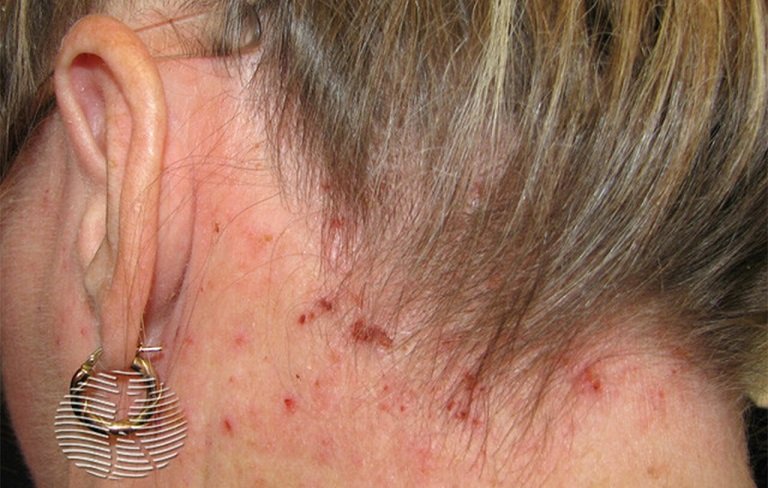
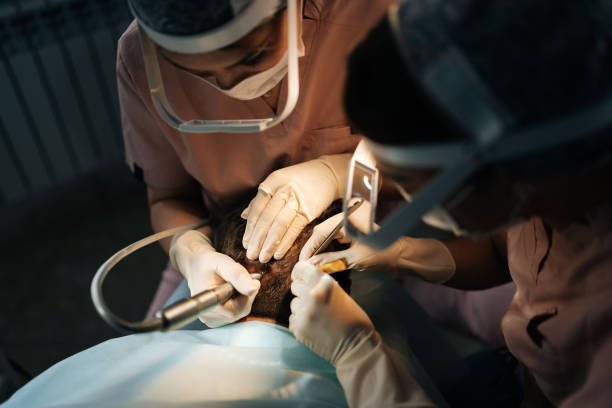
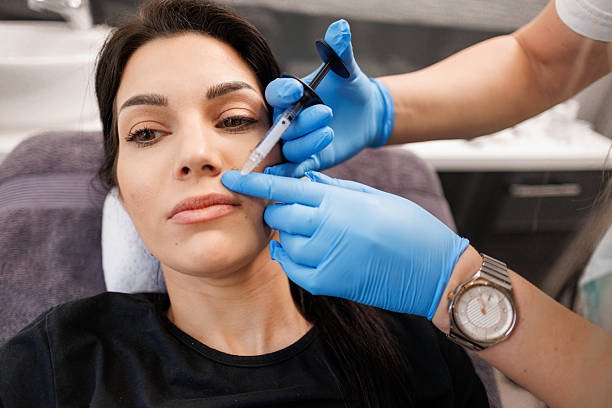
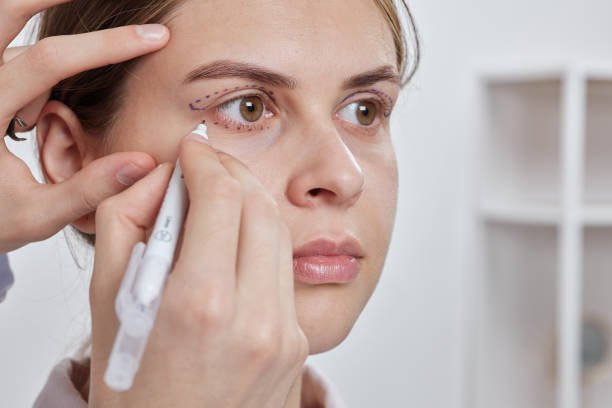

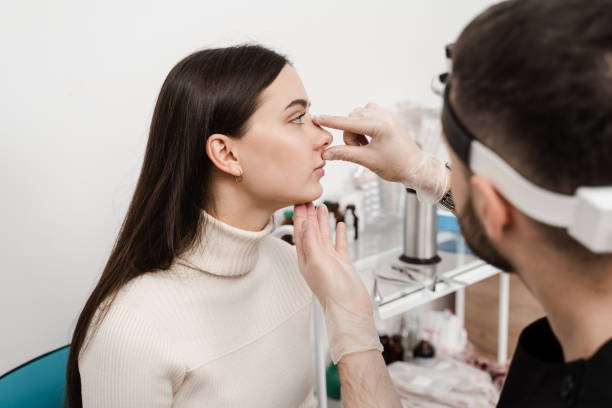


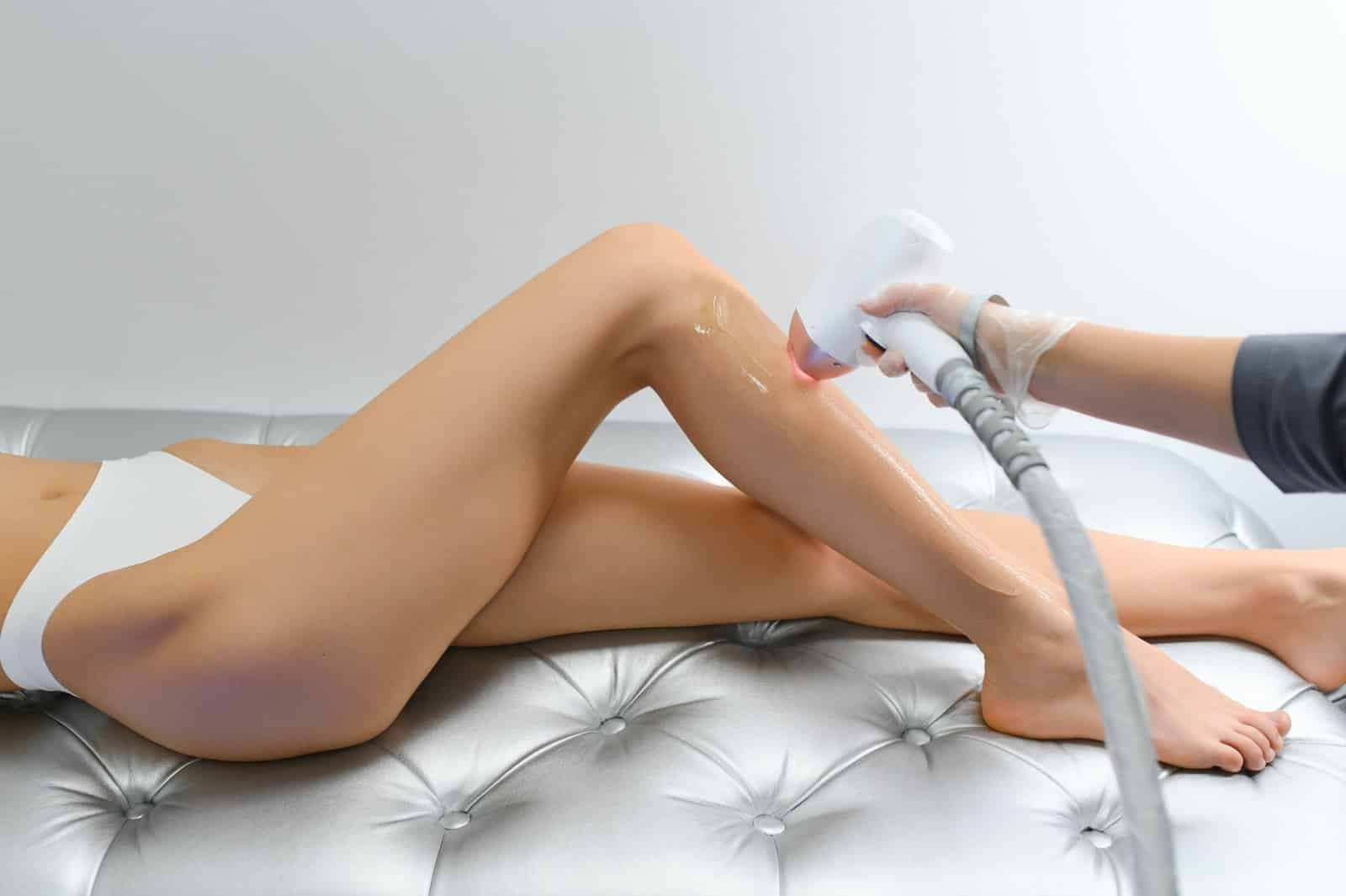





Leave a Reply